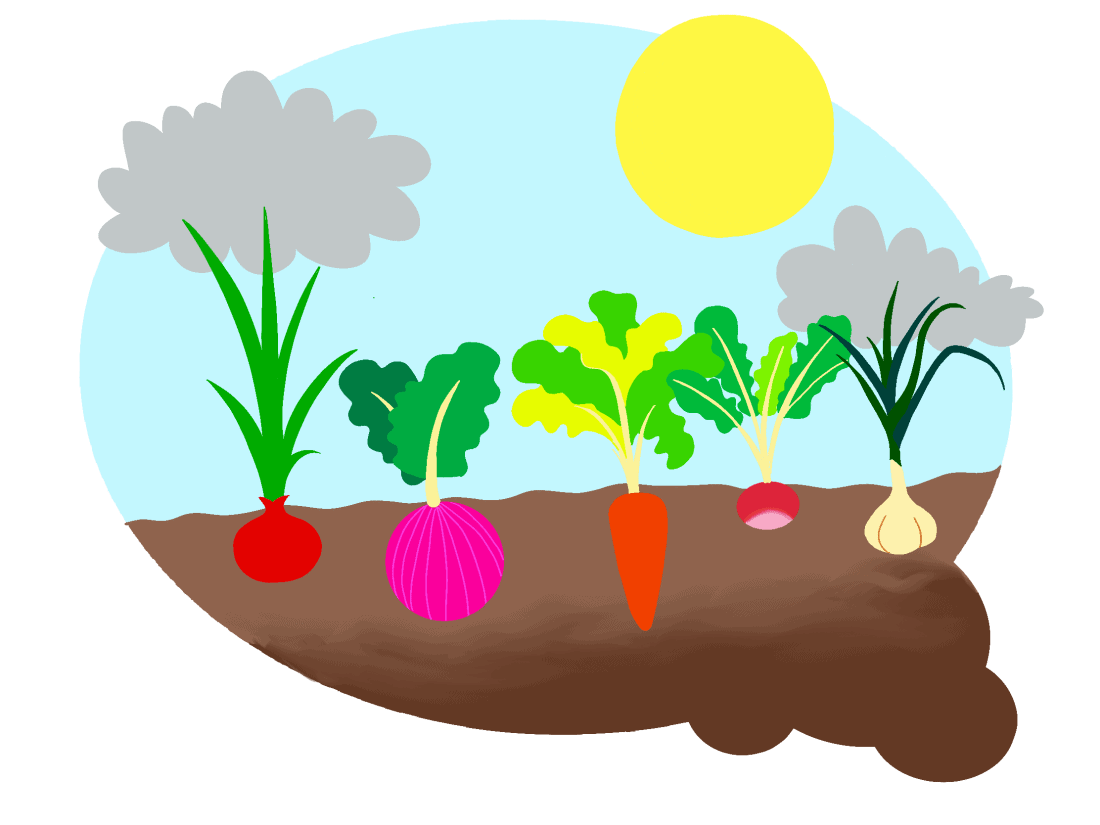
Despite all the news about the Amazon rainforest and the garbage in our oceans, we haven’t quite lost the fight against climate change. We still have some time to remedy — or slow down — its effects.
1. Cut back on/remove meat from your diet.
It’s no secret that agriculture — especially animal agriculture — has a worrying negative effect on our environment. According to the 2019 UN climate report, eating less meat could slow down climate change by reducing eight gigatonnes of carbon emissions by 2050.
Going vegetarian or pescetarian — which is basically vegetarianism with fish included in the diet — is a cost-effective, healthy way to be good to the environment. If vegetarianism seems too drastic of a change, even the small choice of going meat-free for a few meals a week can make a huge difference.
2. Reusable containers are your best friend.
We have all heard of the movement to save the turtles using reusable straws by now. However, this is just a start. Though businesses are starting to move away from styrofoam take-out containers to paper or cardboard, this new approach still poses a problem. When paper products get soaked with oil or food residue, they are no longer recyclable.
Bringing your own reusable cutlery, eating containers and mugs can reduce the amount of waste you produce and also the amount of paper products rejected by manufacturers. As an added bonus, some businesses give discounts to people who bring personal mugs.
3. Don’t Litter.
Pretty self-explanatory.
4. Reduce, reuse, recycle.
Canada produces more waste per person than any other developed country. I know, I didn’t believe it at first either. Years of research show that Canada’s waste production has been skyrocketing due to urbanization and a steady increase in household disposable income since the 80s.
Reducing the waste we produce can mean anything from choosing to take the bus instead of driving to donating our old clothes instead of throwing them out. Thrifting instead of buying new clothes, not updating our electronics when the ones we have are perfectly fine and going paperless with our mail are some easy, cost-effective starters.
5. Vote.
With the federal election coming up soon, we all have big decisions to make. Choosing our leaders is an instrumental part of deciding on the sustainability of our country’s environmental practices. Making our voices heard — especially young voices — is of monumental importance. It is crucial that you educate yourself on the possible environmental policies of the upcoming election.
6. Don’t blame it all on the corporations.
We all know that corporations valuing money above all is a huge contributor to climate change, but we are all producing extreme amounts of waste as well.
According to the 2019 UN climate report, limiting global warming will require “rapid, far-reaching and unprecedented changes in all aspects of society.”
We all need to pitch in and do our part, or our already dire conditions will continue to worsen.
Whether you believe in climate change or not, being kind to our planet is not a bad idea.
To read more on the climate change report, visit un.org.
—
Tomilola Ojo
Graphic: Shawna Langer / Graphics Editor
Leave a Reply